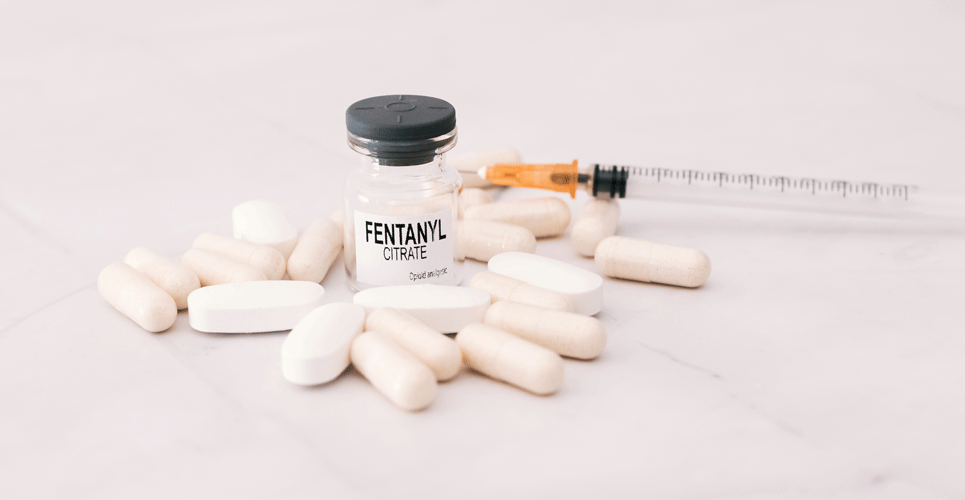A fentanyl vaccine induced significant antibody levels and reduced brain levels of the drug and could be of value in opiate use disorder
A fentanyl vaccine administered to male and female rats produced significant levels of anti-fentanyl antibodies neutralising the effects of the drug and reducing brain levels after administration and should be considered for clinical development as a treatment for opioid use disorder according to the results of a study by researchers based at the University of Houston, US.
Opioid use disorder (OUD) can be defined as the chronic use of opioids that causes clinically significant distress or impairment. Drug overdose deaths are on the rise with data from the US showing that 96,779 drug overdose deaths were reported between March 2020 and March 2021 and that in January 2021, drug overdose deaths exceeded homicides by 306.7%. One particular opiate, fentanyl, has seen an increase in illicit use in recent years. In fact, since 2013, illicitly manufactured fentanyl and its analogues appeared on the streets and because the drug is so potent, only small amounts are needed to produce a pharmacological effect but there is a narrow margin between the safe and toxic doses. Although OUD can be managed with methadone, buprenorphine and naltrexone, relapse is both common with one study of 109 patients admitted to a residential addiction treatment service for detoxification, finding that an initial relapse occurred within one week in 59% of cases.
The use of immunopharmacotherapy, i.e., the use highly specific antibodies, raised passively or actively, to sequester drugs of interest in the bloodstream, has attracted much interest in recent years as a means of treating OUD. The principle is simple: a conjugate vaccine is designed to elicit an immune response to the abused opioid (e.g., heroin), producing antibodies that bind with heroin in the periphery and prevent it from crossing the blood brain barrier and activating reward circuit signalling. Previous work has shown that it is possible for a fentanyl vaccine to provide a robust blockade of fentanyl-induced analgesia and central nervous system penetration, and which strongly correlates with anti-Fentanyl immunoglobulin A. In the present study, the US researchers expanded upon earlier work to examine the effectiveness of a fentanyl vaccine.
Fentanyl vaccine effectiveness
Using both male and female rats, researchers found that the antibodies generated by vaccination increased over time. When fentanyl was administered 8 to 12 weeks after being vaccinated, the rats showed no response to fentanyl-induced analgesia compared to unvaccinated controls. Furthermore, significantly higher levels of the drug were detected in unvaccinated compared to vaccinated animals.
In other parts of their study, researchers found that vaccination prevented the decrease in physiological measures (e.g., oxygen saturation, heart rate) and a reduction in overall activity following administration of fentanyl. A further and valuable aspect of the study was how the fentanyl vaccine generated antibodies, were highly specific and only cross-reacted to fentanyl and sufentanil but not to morphine, methadone, buprenorphine or oxycodone. In other words, a vaccinated individual could still achieve pain relief if given other opioids.
Although these findings are preliminary, the authors concluded that their data support further clinical development of this vaccine to address OUD in humans.
Citation
Haile CN et al. An Immunconjugate Vaccine Alters Distribution and Reduces the Antinociceptive, Behavioral and Physiological Effects of Fentanyl in Male and Female Rats. Pharmaceutics 2022.

